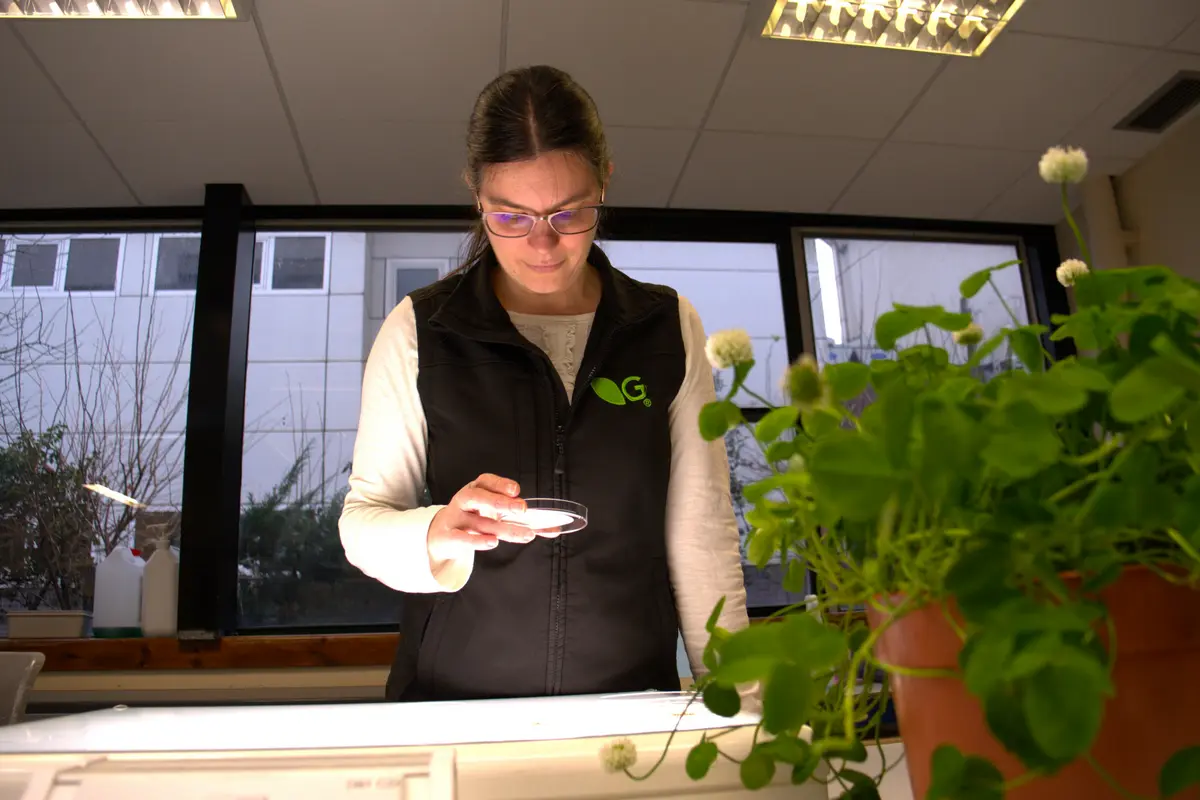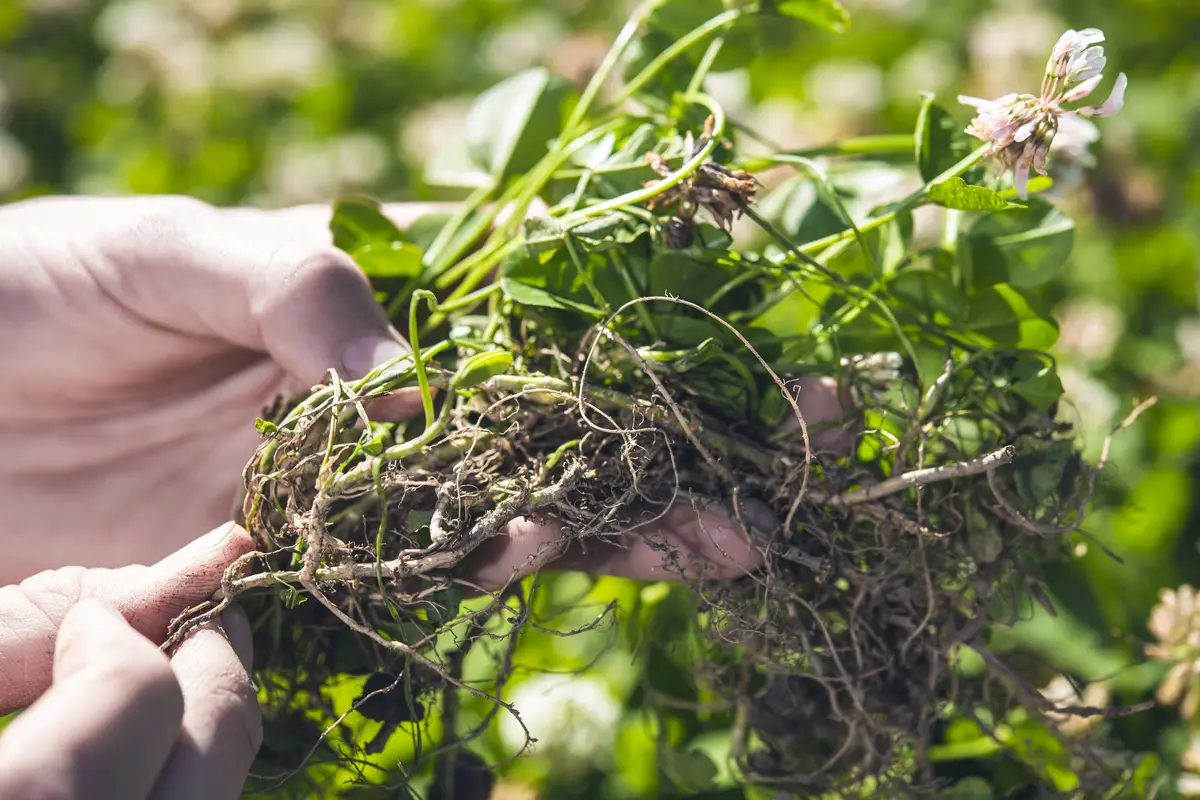Germinal, part of the Openfolde group, is proud to reveal its leading role in the Nitrogen Utilisation Efficiency-Legume (NUE-Leg) project, which has been awarded £3.3 million in funding from the UK Department of the Environment, Food and Rural Affairs (DEFRA).
Aiming to eliminate the UK’s dependence on applied nitrogen fertilisers in grassland farming, Project NUE-LEg will comprise scientific research, on-farm trials and knowledge transfer among farmers and food industry leaders.
In NUE-Leg, Germinal is working alongside global leaders in plant breeding, agronomy, carbon emissions research, farming, food supply chains and soil microbiology.
Germinal’s project partners include Aberystwyth University, Origin Enterprises, James Hutton Institute, Agrecalc, Linking Environment and Farming (LEAF), Dovecote Farm, Pilgrim’s Pride, Müller UK & Ireland, and the CIEL Innovation Centre.
Aiming to cut artificial nitrogen use in agriculture
A specific objective of the project is to enable farms to use clover and fix up to 300kg of nitrogen per hectare per year. Accepting the DEFRA award on behalf of NUE-Leg partners, Paul Billings, Germinal UK & Ireland Managing Director said:
“Nitrogen is an essential nutrient for growing grass. Without it, we could not grow the grass we need to feed our livestock and produce the dairy and meat products we need.
“However, nitrogen fertilisers are also a major source of greenhouse gas emissions in their manufacture and transport, and from in-field losses such as nitrous oxide and ammonia.
“Governments around the world have rightly said that we need to reduce our reliance on nitrogen fertilisers. We need a solution. Legumes such as white and red clovers grown with grass can fix nitrogen from the air but with no emissions.
“But what if we could maximise the capacity of clovers to fix nitrogen by ensuring we have enough clovers that can persist in the sward, and match them with the right soil microbes and the right nutrition?
“NUE-Leg has the potential to be truly transformative for grassland farming in the UK and globally. It could be a game-changer in both cutting emissions and supporting farm profitability. We are very grateful to the UK Government for this funding award which allows this important project to proceed to its next on-farm testing and proving phase.”
Germinal’s climate smart legume varieties
Fundamental to the project will be climate smart legume varieties developed by Germinal Horizon. DoubleRoot is a world-first cross of white and Caucasian clovers, producing a hybrid clover with the growth habit of both.
From white clover, stolons spread out across the surface, while the rhizomes of Caucasian clovers grow beneath.
This gives DoubleRoot superior persistency, as evidenced by its ability to withstand extreme temperatures of -30°C up to +30°C and survive climate conditions that conventional clovers can’t. All while fixing environmental nitrogen in soil and enabling farmers to cut back on artificial nitrogen fertiliser.
Then comes RedRunner, a novel red clover developed to push out stolons. Conventional red clovers grow from a single taproot, meaning they struggle to survive longer than two to three years when grazed in grass swards.
RedRunner represents the evolution of red clover, which naturally excretes 50% less plant protein than white clover, helping reduce emissions and improve livestock yields.
Germinal Horizon is also developing Birdsfoot Trefoil, aiming to produce a variety capable of surviving cutting and grazing. Early research indicates a 30% reduction in methane emissions when livestock are fed Birdsfoot Trefoil.
With livestock accounting for 45% of the UK’s methane emissions, the tannins in this hedgerow plant could be a powerful forage in climate smart farming systems.
To further enhance these legumes, the James Hutton Institute will match their roots with more efficient rhizobia from Aberystwyth University. Paired with specially tailored nutritional formulations, this will help with achieving the project’s overall objective of fixing 300kg N/ha/year.
Ultimately, every 100kg N/ha/year fixed by legumes on a 200ha farm could save £22,000 per year and offset 66 tonnes of CO₂ equivalent emissions.
NUE-Leg media enquiries
Want to know more? You can check back here for future research updates from NUE-Leg or submit your enquiry below.


